Premium Only Content
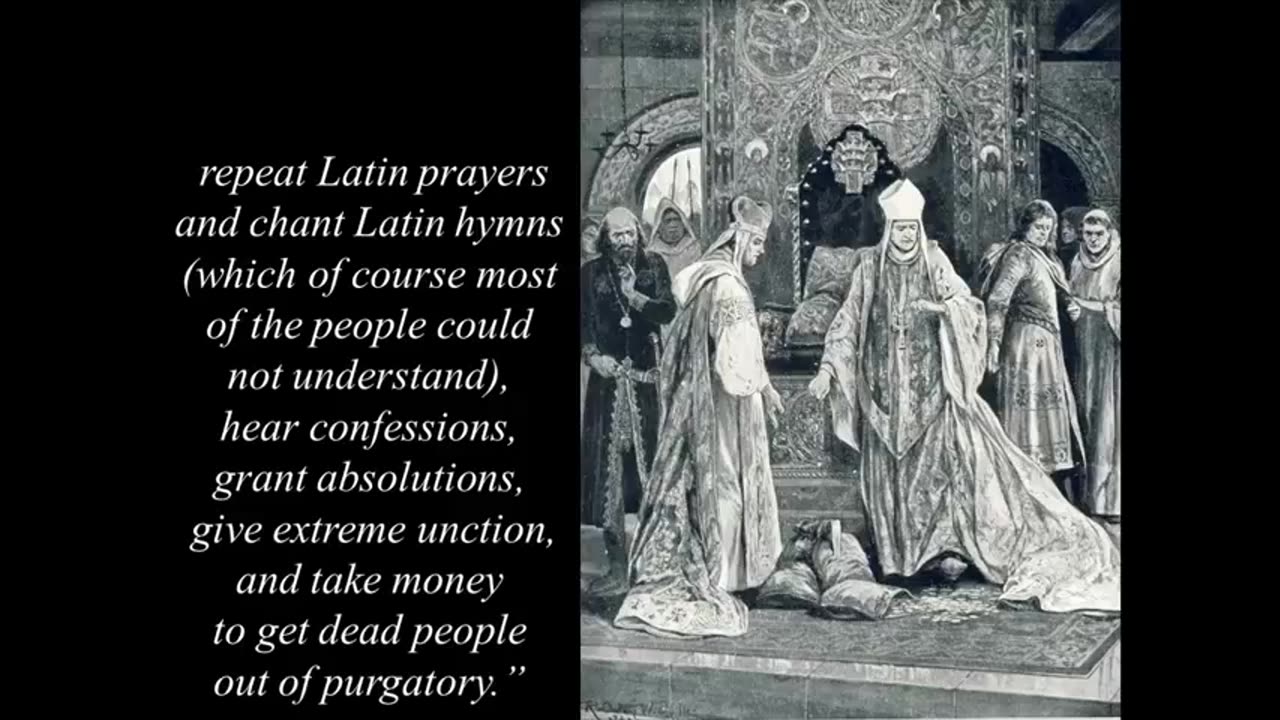
Peter Hammond: How the Reformation Changed the Church
THE REFORMATION DELIVERED THE CHURCH FROM GROSS IGNORANCE AND SPIRITUAL DARKNESS
The church, before the Reformation, was a church without the Bible. And a church without a Bible is as useless as a lighthouse without light, a candlestick without a candle, or a motor vehicle without an engine. The priests and people knew scarcely anything about God’s Word or the way of salvation in Christ.
Bishop J.C. Ryle described the situation: “The immense majority of the clergy did little more than say masses and offer up pretended sacrifices, repeat Latin prayers and chant Latin hymns (which of course most of the people could not understand), hear confessions, grant absolutions, give extreme unction, and take money to get dead people out of purgatory.”
Bishop Latimer observed: “When the devil gets influence in a church, up go candles and down goes preaching.”
Congregational Singing
For centuries congregations stood throughout the service. There were no pews or benches. Singing was in Latin by a choir. The focus of the worship service was the Mass which was in Latin. Congregational singing remains one of Martin Luther's most enduring legacies. "Next to the Word of God, music deserves the highest praise," wrote Luther. "I am not of the opinion that all arts are to be cast down and destroyed on account of the Gospel, as some fanatics suggest. On the other hand, I would gladly see all arts, especially music, in the service of Him Who has given and created them."
Pastors and Teachers Must Have Skill in Music
Luther himself was a well-trained musician with a fine voice. He played the lute, composed intricate hymns and was well acquainted with the work of the leading composers of his day. "I always love music; who so has skill in this art, is of a good temperament, fitted for all things. We must teach music in schools; a schoolmaster ought to have skill in music, or I would not regard him. Neither should we ordain young men as preachers, unless they have been well exercised in music."
Reforming Music
Luther insisted that we are to "praise God with both Word and music." "God has preached the Gospel through music." The common people need to hear and sing the Word of God in their own language, so that they might be edified. (Before the Reformation such singing as had been done in Churches was in Latin and sung by choirs).
Proclaim God’s Word Through Music
"Let everything be done so that the Word of God may have free course." Luther loved to cite examples like Moses who praised God in song following the crossing of the Red Sea, and David who composed many of the Psalms. "Music is a vehicle for proclaiming the Word of God,” declared Luther.
Sing in the Language of the People
Urging pastors to write German hymns based on the Psalms, Luther advised "use the simplest and most common words, preserve the pure teaching of God's Word, and keep the meaning as close to the Psalm as possible."
-------------------
Posted for educative purposes under THE FAIR USE NOTICE: These Videos may contain copyrighted (© ) material the use of which has not always been specifically authorized by the copyright owner. Such material is made available to advance understanding of ecological, political, human rights, economic, democracy, scientific, moral, ethical, and social justice issues, etc. It is believed that this constitutes a 'fair use' of any such copyrighted material as provided for in section 107 of the US Copyright Law. In accordance with Title 17 U.S.C. Section 107, this material is distributed without profit to those who have expressed a prior general interest in receiving similar information for research and educational purposes. For more information go to: http://www.law.cornell.edu/uscode "Copyright Disclaimer Under Section 107 of the Copyright Act 1976, allowance is made for "fair use" for purposes such as criticism, comment, news reporting, teaching, scholarship, and research. Fair use is a use permitted by copyright statute that might otherwise be infringing. Non-profit, educational or personal use tips the balance in favor of fair use." Disclaimer: 17 Notwithstanding the Provisions of Sections 17 U.S.C. @ 106 and 17 U.S.C. @ 106A, the Fair Use of a Copyrighted work for Educational Purposes- Not For Profit-Non-Commercial.
-------
-
 45:56
45:56
Kimberly Guilfoyle
9 hours agoNew Year. Same MAGA Mission, Live with Roger Stone | Ep. 183
87.8K39 -
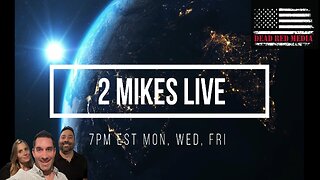 1:49:14
1:49:14
2 MIKES LIVE
13 hours ago2 MIKES LIVE #160 We're Back! Deep Dive Monday!
35.1K8 -
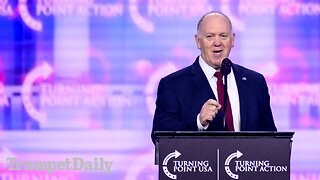 54:28
54:28
LFA TV
1 day agoTrump’s Triumphant Year | Trumpet Daily 12.30.24 7PM EST
47.3K10 -
 2:28:37
2:28:37
Quite Frankly
11 hours ago"2024 Review, Homunculus Flu, Old/New Year Predictions" 12/30/24
69.5K9 -
 DVR
DVR
RonjnJeremy
14 hours ago $8.36 earnedClassic Wow 20th Anniversary edition HC SF, Rogue..PT8 lvl 46+ Just need to stay alive...
98.8K6 -
 1:50:28
1:50:28
Jesús Enrique Rosas
10 hours agoEp. 51: Gates wants CENSORSHIP, Colbert MESSES UP, AOC meltdown, Hanks LEAVING and MOAR!
113K60 -
 1:45:47
1:45:47
The Quartering
13 hours agoHuge Censorship Law To Pass, Trump Endorses Johnson, TikTok is Saved? & Today's News!
138K83 -
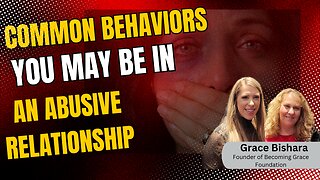 55:59
55:59
The Amber May Show
11 hours ago $1.15 earnedCommon Behaviors That May Indicate You Are In An Abusive Relationship| Grace Bishara
28K1 -
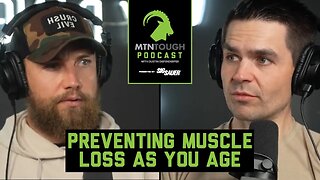 1:54:42
1:54:42
MTNTOUGH Fitness Lab
8 hours agoThe MTNTOUGH 8 Week LIVE READY Challenge w/ Kyle Kamp | MTNPOD #97
20.9K -
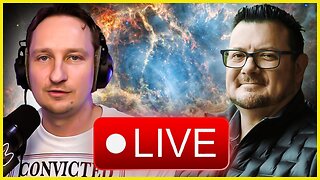 2:25:15
2:25:15
WeAreChange
7 hours agoTrump Make CRYPTIC Post! Bill Gates Requested Meeting With Elon Musk At Mar-a-Lago??
34.4K22